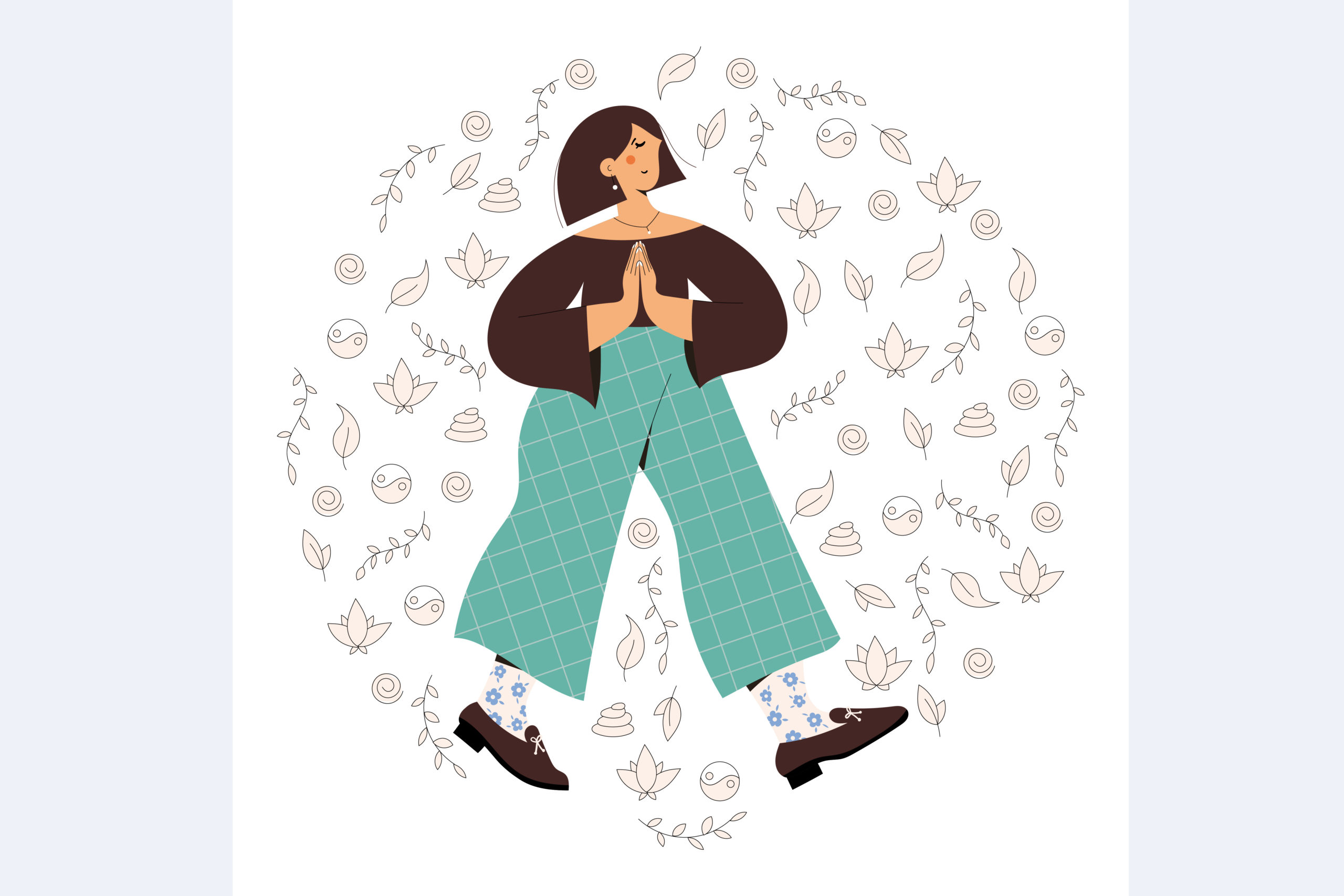By Dr. Charlotte Markey —
If you spend time on TikTok, Instagram, or anywhere on the internet, you’re likely to find yourself coming across a variety of instructions for living a healthy life. Perhaps you’ll come across an influencer reminding you to eat a colorful array of vegetables. You may see advice to be active for 30 minutes per day. A doctor may recommend that you get plenty of sleep each night.
None of this is entirely bad advice. Internalizing this advice – in other words, taking information you learn from the world around you and making it your own – can be valuable. Eating nutritious food, being regularly physically active, and getting at least seven-eight hours of sleep each night are all likely to help you maintain good health.
However, none of us follow all of these health recommendations all the time. Some days you may be hungry and tired and want to eat fast food. Other days you may be stressed about an upcoming exam, so you skip soccer practice and stay up late studying. This is completely normal and nothing to feel bad about. On the days when you deviate from your best intentions to engage in health behaviors, you should treat yourself with self-compassion.
If you treat others with compassion, you are understanding, forgiving, and patient with them. When you exhibit self-compassion, you give yourself these same kindnesses. Self-compassion is the opposite of being hard on yourself; it’s trusting yourself and giving yourself a break.
Supposedly inspirational quotes tell us that, “the only bad work-out is the one you don’t do” and “nothing will work unless you do.”Similarly, the advertising and messaging we tend to see alongside health advice suggest the importance of pushing ourselves, feeling the burn, and going to the extreme – especially as far as eating and exercise habits go. We’re led to believe that the only way to ensure that we live long, healthy lives is through extraordinary discipline and by being harsh with ourselves when it comes to our wellness behaviors.
When we treat ourselves with self-compassion, we are treating ourselves the way we would treat a good friend. We don’t punish ourselves when we rest because we are tired or enjoy ice cream with our friends. We don’t berate ourselves for missing a work-out, staying up late, or having a third cookie. We don’t call ourselves “lazy” or “bad.”
Contrary to popular belief, treating ourselves with self-compassion has been found to be more helpful to mental and physical health than is guilt, shame, or self-punishment, all of which are typically unmotivating mindsets. Self-compassion is important because it allows for flexibility in how we think about our health behaviors. It helps us to avoid all-or-nothing thoughts that can be destructive (for example, thinking “I have to work-out every single day”). This is important because we are people and not robots and some days we’ll eat vegetables and some days we won’t. Some days we’ll do things that are good for our health, and some days we won’t.
Self-compassion is also important to self-acceptance. Accepting ourselves – including any imperfections we have – is essential to nurturing our mental health. It’s healthy to think of ourselves as our own best friends.
For more information about self-compassion and health, pick up a copy of The Body Image Book for Girls or look out for Being You: The Body Image Book for Boys, which will be available in 2022.
***********************************************************************************************************
Dr. Charlotte Markey. Psychologist, professor and scientist, Dr. Markey has been a leading body image expert for more than two decades. Now, Dr. Markey applies her academic research, her findings after interviewing hundreds of girls, and her practical experience as mother of a teen to a new, evidence-based yet easy-to-read book for girls ages 9yrs -15yrs. THE BODY IMAGE BOOK FOR GIRLS: Love Yourself and Grow Up Fearless. And coming soon, BEING YOU: The Body Image Book for Boys.

